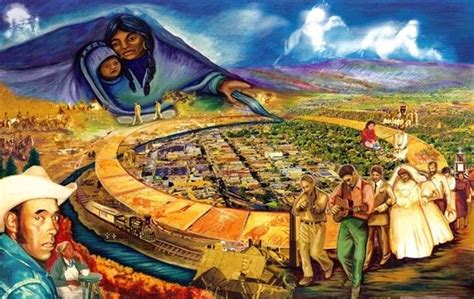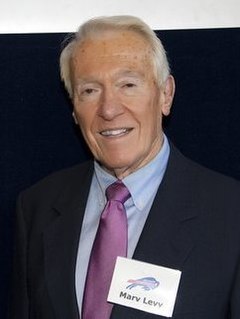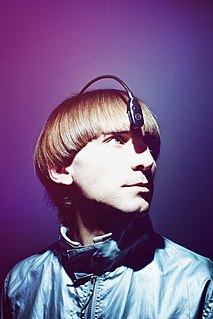A Quote by Judy Baca
Related Quotes
People do not want to be disillusioned by the new president [Barak Obama]. The liberals felt, finally, this is our time. Now they're worried. Now what they see is more business as usual. We all want to give him the benefit of the doubt, we know it's a tough job and he inherited a mess, but at the end of the day, is it really change we can believe in when there's no public options and Wall Street reform has no teeth in it? It really looks a lot like we just changed the color.
Things have changed in Latin America now. We mostly have democratic governments in Latin America, so the position of the writer has changed. It is not as Neruda used to say, that a Latin American writer walks around with the body of his people on his back. Now, we have citizens, we have public means of expression, political parties, congress, unions. So, the writer's position has changed, we now consider ourselves to be citizens - not spokespeople for everybody - but citizens that participate in the political and social process of the country.
American public opinion, as you can see in the polls, radically changed from being against airstrikes to being heavily in favor that [President Obama] decided to do airstrikes. This is a classic example of leading from behind where he waits for public opinion. And now it's the public who's demanding he do something.
If an American, because his skin is dark, cannot eat lunch in a restaurant open to the public, if he cannot send his children to the best public school available, if he cannot vote for the public officials who represent him, if, in short, he cannot enjoy the full and free life which all of us want, then who among us would be content to have the color of his skin changed and stand in his place? Who among us would then be content with the counsels of patience and delay?
For many years, I have been moved by the blue at the far edge of what can be seen, that color of horizons, of remote mountain ranges, of anything far away. The color of that distance is the color of an emotion, the color of solitude and of desire, the color of there seen from here, the color of where you are not. And the color of where you can never go.
The specter of color is apparent even when it goes unmentioned, and it is all too often the unseen force that influences public policy as well as private relationships. There is nothing more remarkable than the ingenuity that the various demarcations of the color line reflect. If only the same creative energy could be used to eradicate the color line; then its days would indeed be numbered.








































